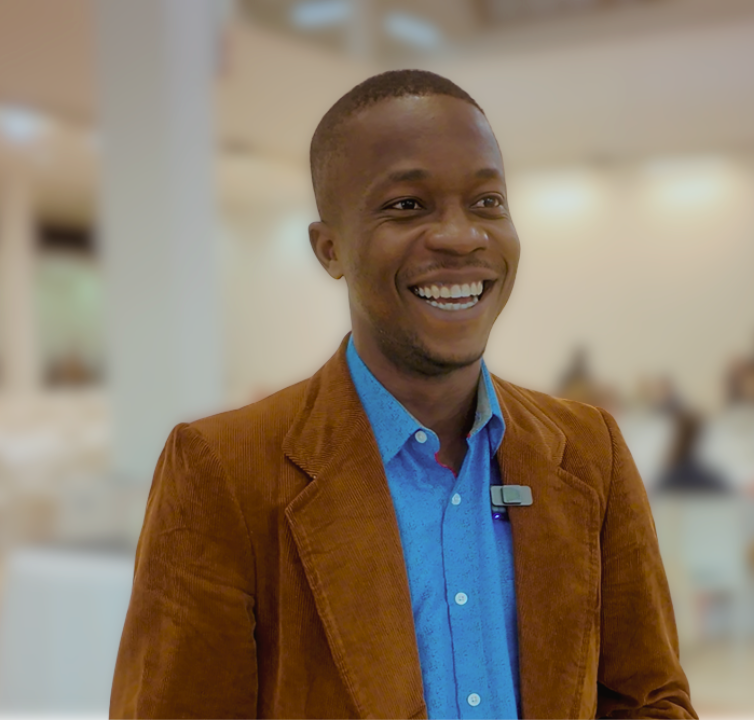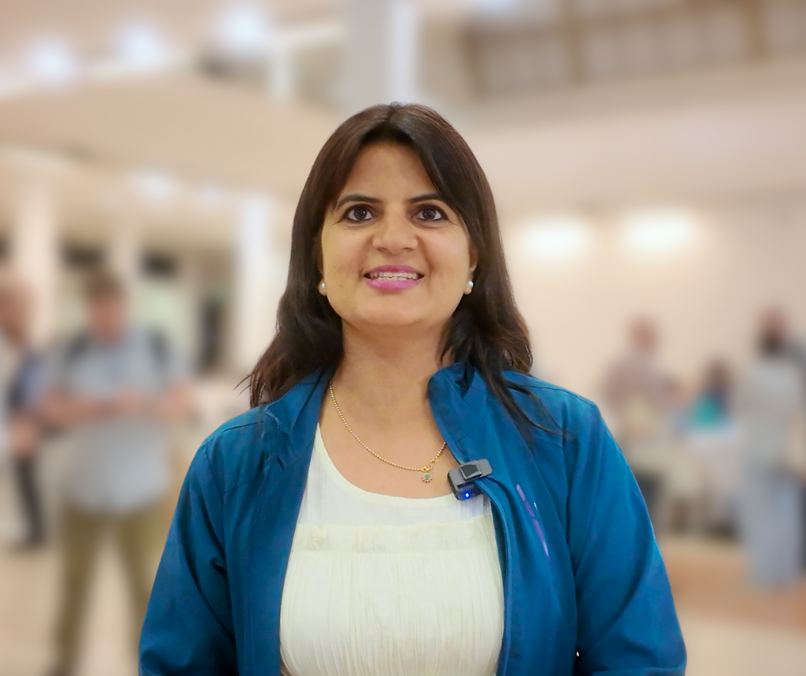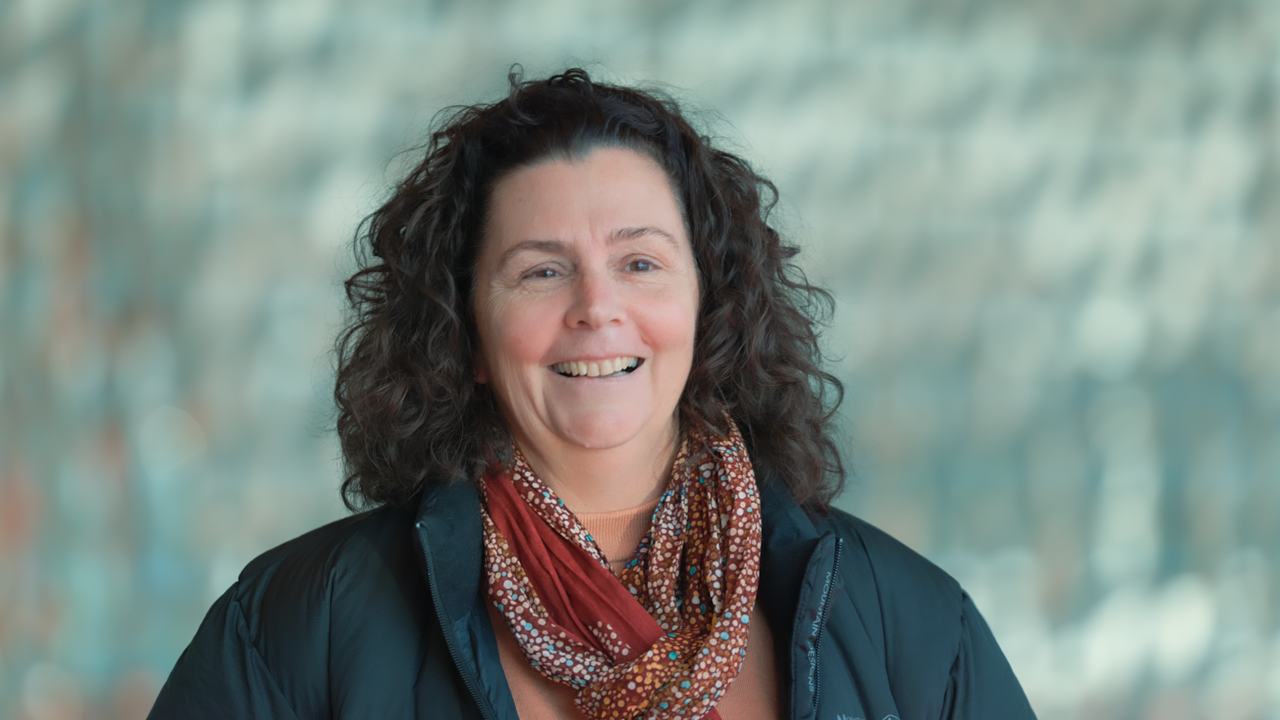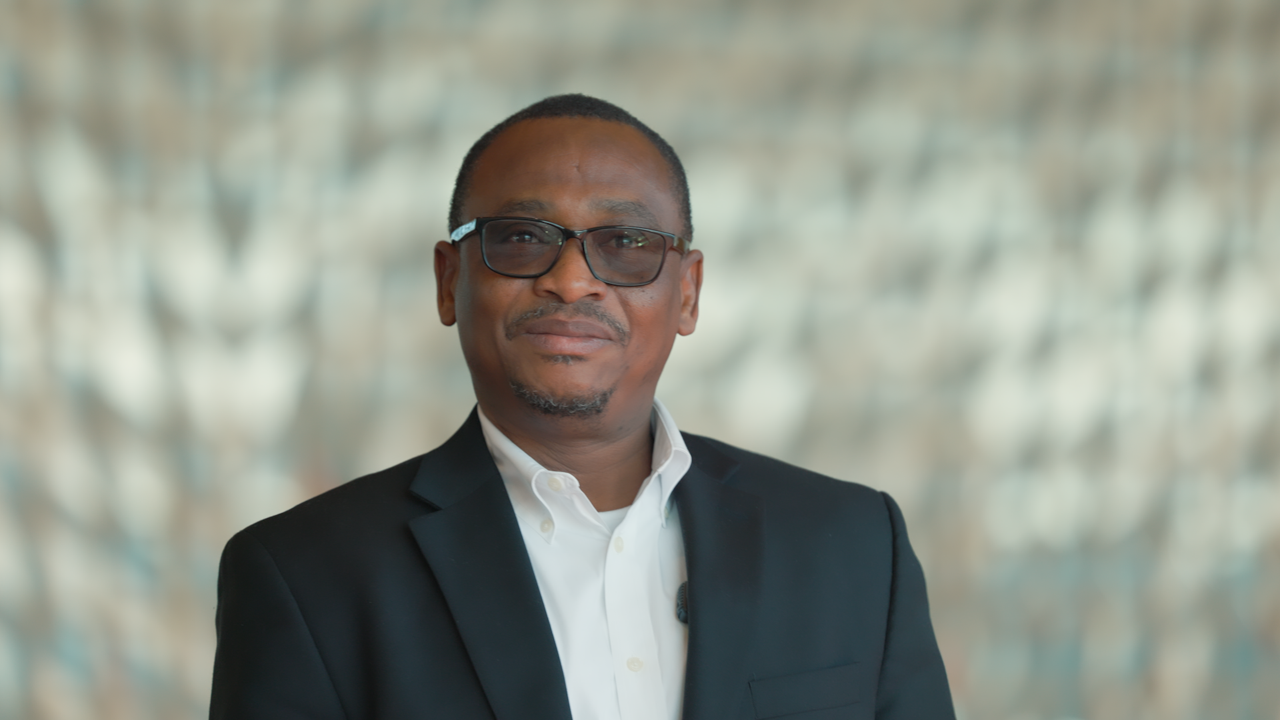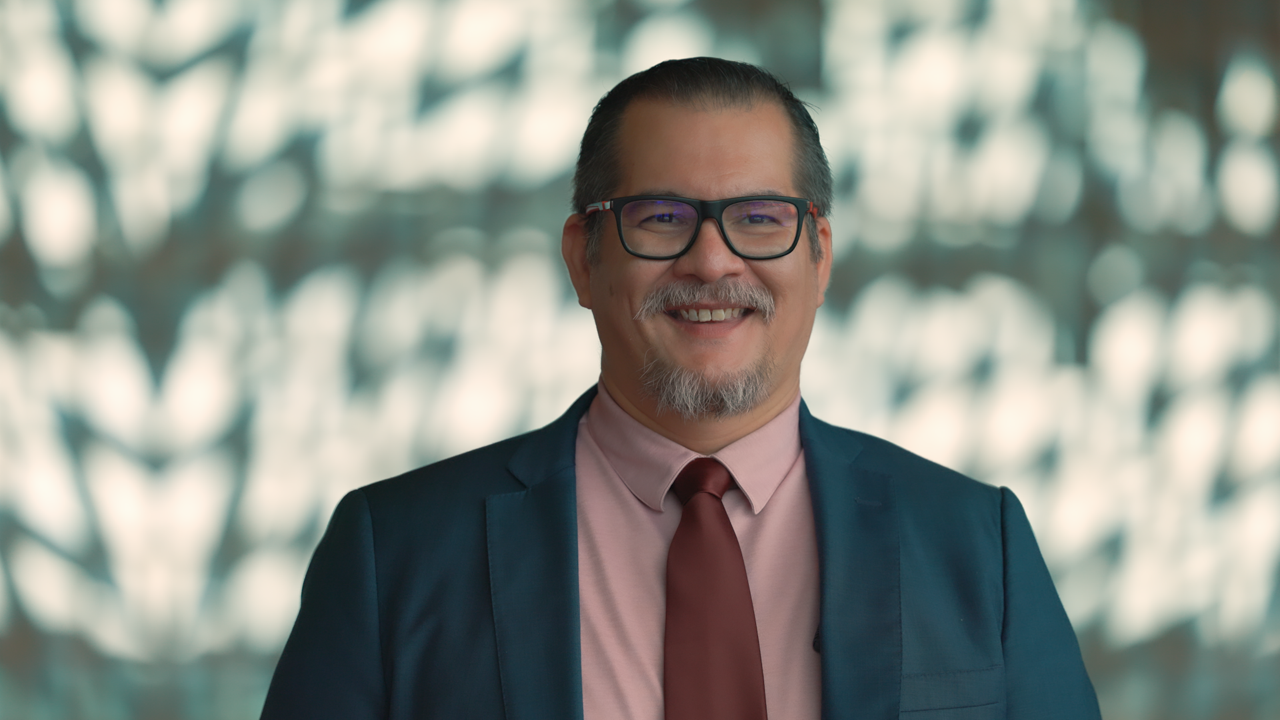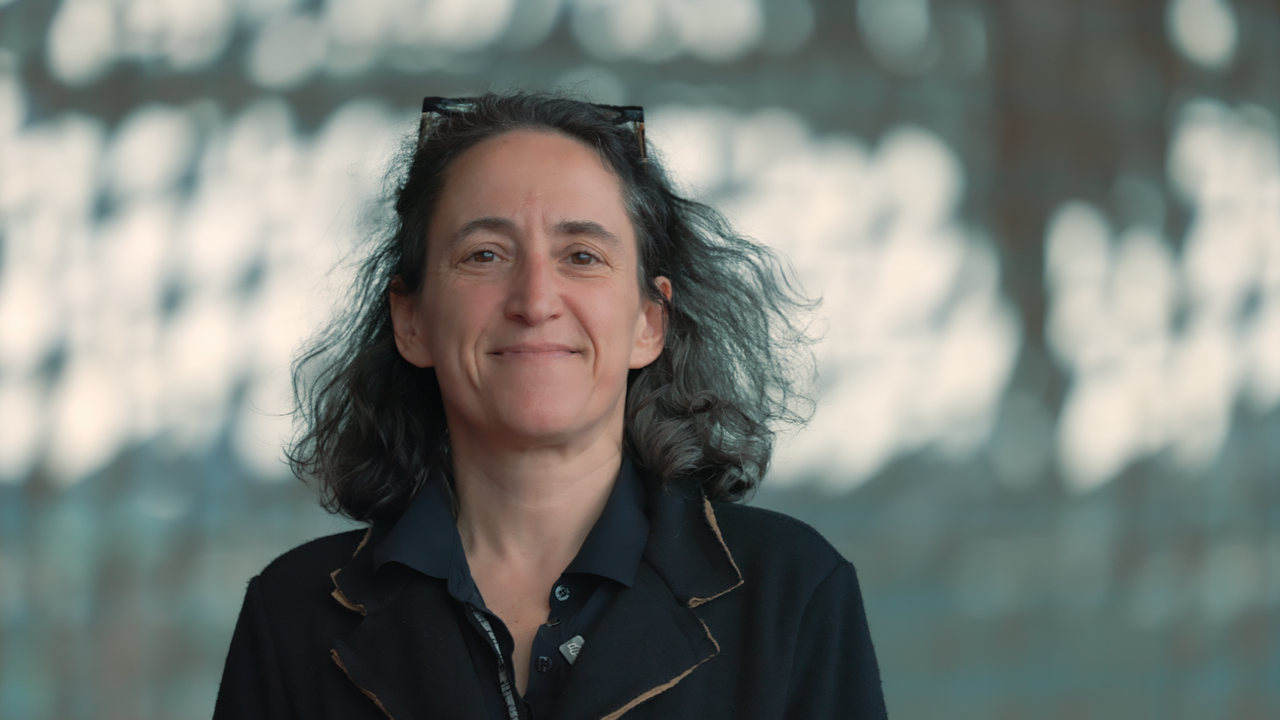Member Spotlight: Dr. Adegboyega Lawal (Nigeria)
IAIA member Dr. Lawal Adegboyega shares how his unexpected journey into impact assessment has become a deeply fulfilling career, allowing him to promote environmental sustainability in Nigeria and advocate for greater capacity building through IAIA.
Related links
TRANSCRIPT
My name is Dr. Lawal Adegboyega. I am from Nigeria, from the Department of Environmental Assessment of the Federal Ministry of Environment in Nigeria.
How is being a member of IAIA valuable to you?
It has been of immense value to the extent that it has helped bridge the gap between various key practitioners in the industry. It has leveled the playing field and allowed me to have direct access to other practitioners, to receive guidance and instructions, and to learn from other experts in the field—also to learn how they have managed problems and challenges that I face in my own career. The value within this forum is immense and cannot be quantified in most measures.
What is one thing you enjoy about your current job/role?
My current job as an environmental assessment practitioner in Nigeria gives me the opportunity to contribute to developmental projects in my country. Based on the EIA Act and the law in Nigeria, it mandates all developmental projects in Nigeria—be it in mining, agriculture, renewable energy, oil and gas, whatever sector it is—that they must subject their project to the provisions of the EIA. So at that particular point is an opportunity for me to help mainstream environmental and social sustainability into these projects, looking at it as a means of infusing it within the planning stage with the mindset that once this project gets developed, to not depart from that line of environmental social sustainability, and at the end the current and future environment will be better off. It’s a very noble thing to do, and I’m very grateful and proud that I can make those kinds of recommendations at this particular point in time.
How did you get started in impact assessment?
I stumbled into impact assessment. Growing up in Nigeria, you might have a career path you have decided for yourself, but as they always say, “Nigeria will happen to you.” I studied chemistry, and I didn’t want to work for government — I wanted to work for the big oil companies in Nigeria, but the only available job for me at that point was to work in government. I was posted to the Federal Ministry of Environment. I didn’t know anything about impact assessment, but I was posted to the environmental assessment department. With time I came to understand what we really do and came to appreciate more what is being done in the impact assessment sector. Then I took some courses, and I took a master’s program in environmental management and also a PhD, which broadened my scope and gave me more understanding of the field. I fell in love with it and I didn’t go back since then. I’m still looking forward to how we can develop that particular practice in Nigeria. I’ve been doing some research on digital environmental assessment, climate change, and development of guidelines, and it’s been going really well. Once you fall in love with someone, you tend to find a way to make that person happy, so that’s what I’ve been trying to do after all this time.
Would you recommend IAIA to other professionals?
Since I first knew about IAIA, if you look me up on LinkedIn, you’ll see I’ve been an advocate of IAIA because I feel it is an opportunity to bridge that capacity gap that we have in Africa, and Nigeria. Knowledge and information are key — once you have been deprived of knowledge and information, then you have been deprived of everything that concerns your confidence in what you do. So I recommend IAIA to every practitioner around the world because it is a opportunity for everyone to get to understand what to really do. It also broadens your skills — it’s like a short course from O level or degree level to PhD in environmental assessment. So I recommend each and every one of us to get around to the over 20 rooms or so here [at IAIA25] filled with a lot of information — I have to go back home and start dissecting them one after the other and, like a ruminant animal, bring them out of my first stomach chamber and chew them again because they are very, very interesting. So I really endorse this particular association and I look forward to having a lot of people. In fact, I advocated for a coalition within Africa — we’re forming a WhatsApp group to ensure that a whole lot of West Africans and Africans get it, because most of them don’t understand what we really do. My colleagues — I have 100 colleagues in my department — really don’t understand why I come [to this conference] or why it is very important. So once we bring this information to their minds, we know there is a lot of interest to join and to be part of IAIA. So I recommend it.

